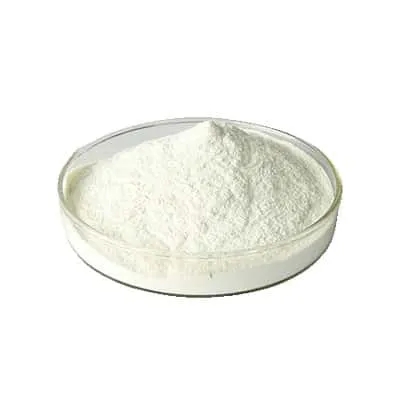
Recently, the Innovative Team of Bioactive Substances and Functional Foods of the Institute of Agricultural Products, Shandong Academy of Agricultural Sciences, published a research paper entitled ‘Punicalagin attenuates hyperuricemia via restoring hyperuricemiainduced renal and intestinal dysfunctions’ in Journal of Advanced Research, a top journal of Chinese Academy of Sciences, with the academy as the first unit. Punicalagin attenuates hyperuricemia via restoring hyperuricemiaainduced renal and intestinal dysfunctions’. The study systematically reported the effect and mechanism of punicalagin in pomegranate to improve hyperuricemia.
Pomegranate is an important medicinal and food resource in China, with a national cultivation area of about 1.75 million mu, ranking the first in the world, and has developed into an important industry for rural revitalisation.2023 On 24 September, General Secretary Xi Jinping, while inspecting the pomegranate industry in Zaozhuang, Shandong Province, pointed out that the pomegranate industry has the potential for development, and that it is necessary to do a good job of branding, upgrading the quality, prolonging the industrial chain, and enhancing the competitiveness of the industry in the market and its comprehensive benefits. However, at present, China's development and utilization of pomegranate is mostly based on fresh food and simple juice, fewer high value-added products, processing rate of less than 20%, pomegranate nutrients and active substances have not been fully tapped and utilized.
Andrographolide is the most abundant ellagitannin in pomegranate peel, which has a wide range of biological activities. This study demonstrated for the first time that andrographolide can significantly reduce serum uric acid levels in hyperuricemic mice and effectively alleviate hyperuricemia-induced renal and intestinal damage. At the molecular level, andrographolide could enhance the expression of uric acid reabsorption and excretion proteins in mice by inhibiting the activation of MAKP/NF-κB pathway in kidney and intestine. The results of renal metabolomics and intestinal flora showed that andrographolide can target both kidney and intestine to improve hyperuricemia. This is the first domestic and international research report on the uric acid-lowering effect and mechanism of andrographolide, which provides a promising strategy for the prevention and treatment of hyperuricemia, and can also provide a valuable reference for the comprehensive use of pomegranate.
The Bioactive Substances and Functional Foods Innovation Team has long been engaged in research on the mining of active substances in pomegranate, green and efficient preparation, stabilisation and potentiation, and the creation of major health products. Team members have presided over a number of provincial key projects such as Shandong Key R&D Programme (Major Science and Technology Innovation Project) Project (2021SFGC0904, 22.01 million yuan), Shandong Key R&D Programme (Rural Revitalisation Science and Technology Innovation and Enhancement Action Plan) Project (2022TZXD009, 4.9 million yuan), Shandong Agricultural Major Applied Technology Innovation Project (SD2019ZZ016, 1 million yuan), and so on. million yuan) and many other provincial key projects, which are of domestic importance in the field of pomegranate deep processing.
Research highlights:
1. Andrographolide can significantly reduce the serum uric acid level of hyperuricemic mice, and significantly improve the kidney and intestinal damage caused by hyperuricemia.
2. Andrographolide improved the expression of uric acid transporter protein in the kidney and intestine of hyperuricemic mice by regulating the MAPK/NF-κB signalling pathway.
3. Andrographolide improves renal glucose metabolism disorders induced by hyperuricaemia in mice.
4. Andrographolide has the effect of restoring the homeostasis of intestinal flora in hyperuricemic mice, and can improve the intestinal inflammation and injury caused by hyperuricemia.